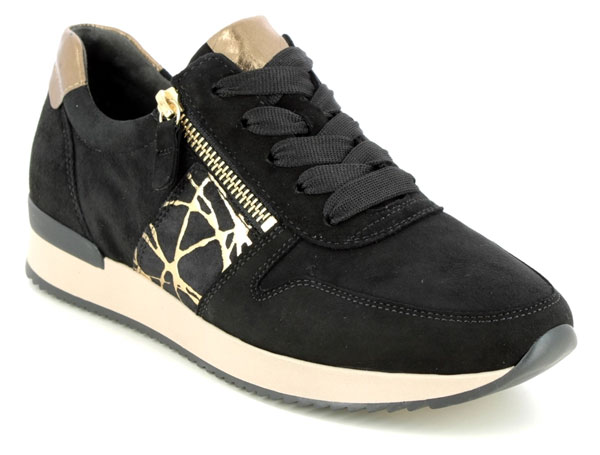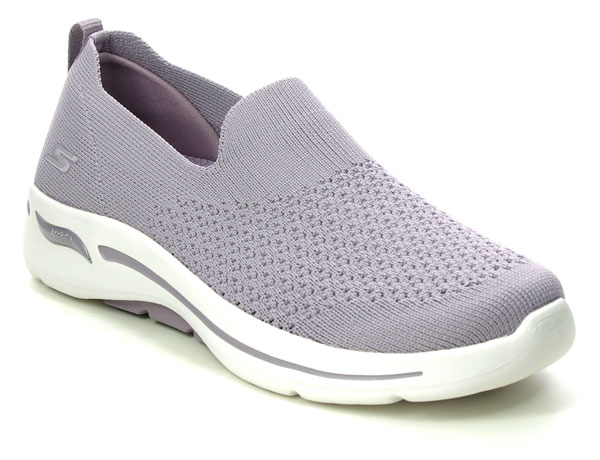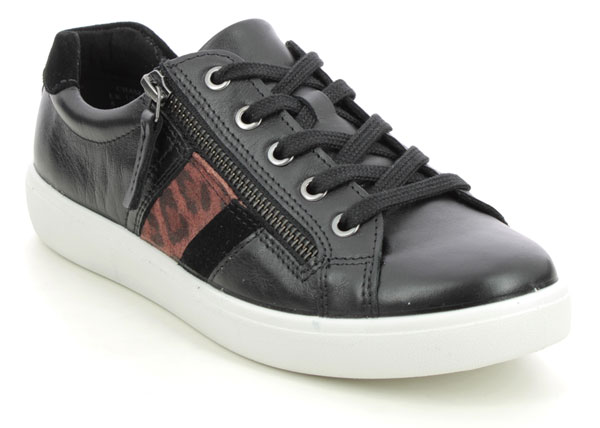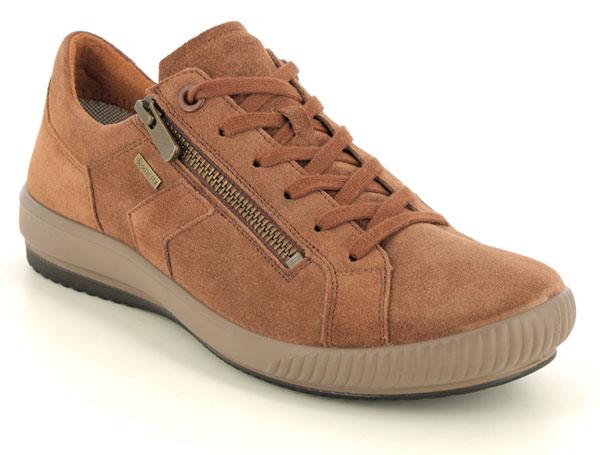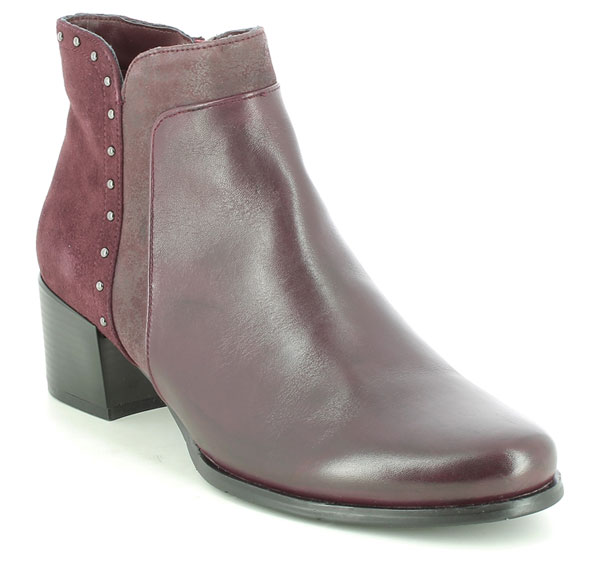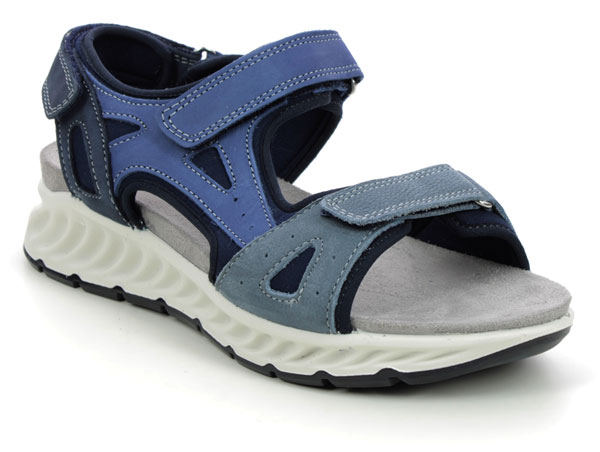Best Shoes for Corns And Calluses

Read our independent review on the best shoes for corns and calluses, including the pros and cons for each style. Whether you are looking for trainers, boots or waterproof shoes, there is something for every taste and budget. We have also included top tips from a podiatrist and our own footwear experts for advice when looking for shoes for corns and calluses.
What Causes Corns or Calluses?
One thing everyone should know is that if shoes don’t fit well, then there is a high chance of added pressure or rubbing and abrasion. Your skin will have to react and adapt and applies to men, women and children equally. Consistent pressure will result in the body producing a cushion to act as a shock absorber against the pressure.
If this persists, a blister starts and the outer layer of the skin thickens. Over time this becomes hard and calloused, while a corn is smaller and more localised, often found over the toe joints. Corns appear wherever the foot is receiving a repetitive shock, such as the rubbing on footwear or bones striking the ground unusually. It should be noted that a corn may only be the symptom of a larger problem and not the cause.
The Best Shoes for Corns and Calluses: Our Top Picks
Think about the shoes you wear the most. These are the shoes you should ensure are made using the highest quality materials. This is typically the softest of leathers with an insole that is cushioned. One of our go-to brands for overall comfort and excellent fit is Rieker shoes, but there are many other options available. Take a look at our independently reviewed recommendations:
Best Overall – Gabor Lulea, £105
PROS
- Soft Suede Upper
- Padded Footbed
- Cushioned lining
- Secure lace for an adjustable fit
- Removable insole
CONS
- Higher Price Point
- Suede is not as easy to clean
If you’re looking for a pair of trainers which are bang on trend with the latest fashion then these are an excellent choice. The soft leather upper will be gentle against your skin while the padded footbed will feel comfortable underfoot. This will make walking in these a delight even with corns or calluses.
Best for Slip On Fit – Skechers Arch Fit Go Walk SLip On, £77.00
PROS
- Stretchy Fabric Upper
- Built-in arch support
- Easy Slip-On fit
- Machine Washable
- Vegan
- Good value for money
CONS
- Not leather upper
- No adjustable fastening
For an easy everyday shoe, these slip-on Skechers must be tried on to appreciate their high level of comfort. The soft fabric upper is made even more comfortable by a little extra stretch. Built-in arch support combined with Skechers Go Walk technology offers superb support and comfort whilst wearing.
Best Wide Fit Option – Hotter Chase 2 Wide, £95.00
PROS
- Soft Leather Upper
- Padded Insole
- Wide Fit
- Removable Insole
CONS
- Higher price point
- Not suitable for narrow or regular fit
Comfort and fashion are beautifully combined together in these women’s trainers which are ideal for those needing a wider fit. This style is wide fitting and has a padded insole and soft leather upper, you’ll love these on your feet without irritation to your corns or calluses. These supportive women’s wide-fit shoes also feature a removable insole which allows you to use your own orthotics.
Best Waterproof Style – Legero Tanaro5 Zip gTx, £115.00
PROS
- Soft Leather Upper and Lining
- Side Zip for Easy Access
- Laces for an Adjustable Fit
- Removable Insole
- Cushioned Footbed
- GORE-TEX = Guaranteed Waterproof
CONS
- Higher Price Point
- Suede upper is not as easy to clean
As is evident by the long list of great features that these Legero comfort lacing shoes provide, you can’t beat the quality and comfort in these waterproof trainers. From the leather upper and lining which will be soft against your corns and calluses to the supportive yet removable insole. This will offer you a roomier fit or allow you to use your own orthotics if needed. The laces give you an adjustable fit while the side zip offers a little help with getting shoes on and off. The cherry on top would be that these are manufactured using GORE-TEX technology which means your feet are guaranteed to stay dry while still allowing them to breathe no matter what the weather.
The Best Shoes For Corns and Calluses: Sale
When a pair of shoes go on sale at Begg Shoes it stays on sale, but when it’s gone it’s gone! Here are our top picks of sale shoes that are ideal due to their soft materials and cushioned insole.
BEST Autumn Style – REGARDE LE CIEL Jolene, WaS £89.99 – Now £79.99
PROS
- Butter-soft Leather Upper
- Padded Footbed
- Cushioned lining
- Interior side zip for easy fastening
CONS
- Limited sizes available
- Heels do not allow shock absorption
- No adjustable fastening
If you’re looking for a pair of boots which are bang on trend with the latest fashion then these are an excellent choice. The soft leather upper will be gentle against your skin while the faux fur lining is super cosy and comfy. This will make walking in these a delight even with corns or calluses. Regarde le Ciel use the softest leather uppers, often described as buttery soft, so there is plenty of give and flexibility.
Best Bargain – Ecco Street 720 Gtx, Was £150.00 – Now £120.00
PROS
- Flexible leather upper
- Padded removable footbed
- Laces for an adjustable fit
- Waterproof Gore-tex membrane
CONS
- Limited Sizes Available
These women’s Ecco trainers combine the high quality for which they are well-known with contemporary styling, making it a very practical option. The soft leather upper will feel gentle to your feet, whilst the Gore-tex Surround waterproof technology is designed to keep your feet 100% dry and comfortable.
Best for Summer – Imac Suela, WAS £67.00 – NOW £52.00
PROS
- Three Velcro strap fastening
- Padded Footbed
- Excellent support underfoot
- Leather upper
- Soft neoprene lining
- Great for walking and hiking in warmer climates
CONS
- Casual style not suitable for dressier occasions
Who says you can’t have comfy sandals in the summer? These women’s walking sandals are the perfect walking companion for your outdoor pursuits in the warmer months. There are three Velcro straps for full adjustment whilst the soft stretchy neoprene lining feels superb against bare feet.
Can Lifestyle Cause Corns and Calluses?
Lifestyle can be one of the main factors in causing this foot health issue. Consider the following:
- Does your job mean you are on your feet all day wearing specific or badly fitting footwear?
- Do you need special safety shoes for work?
- Are you looking for style or comfort?
- Do you take part in regular sports activities where you feel discomfort from your footwear or socks?
We always recommend adapting your footwear choices to match your lifestyle but there are some simple things you can do to help:
Which Shoes Should You Wear? Our Top tips
Fundamentally the best way to avoid corns and calluses is to ensure a secure and comfortable fit, with every shoe that you wear. This is not always easy or practical though. If you follow these tips, you should be more confident in finding the right shoe for your needs. You might even be able to adapt and improve some of your favourite shoes at home.
1. Invest in good quality work shoes
Corns and Calluses are often caused by work shoes, worn all day. These may have specific safety features such as steel toe caps, or perhaps something with a heel for a smarter office environment. Look for a secure fastening, plenty of room to wiggle toes, but also a nice secure fastening. Buying the cheapest shoe tends to increase the likelihood that you will have a bad experience.
2. Make sure your shoes are the correct size
Buying shoes that are too small, or just not the right shape for your foot, can cause excess pressure. This will become worse as the day goes on and make your feet swell. It’s really important for work shoes or shoes that you are going to wear all day that you get the size right. Too big and they can rub as your foot slips backwards and forwards while walking.
3. Only buy wide-fit shoes if you really need them
A really common mistake is to buy shoes that are too wide and allow your foot to slide around inside. This builds up heat and wears really hard on your skin – expect calluses. You can reduce the volume inside a shoe using insoles and we always recommend upgrading to an arch support insole for best results. Generally, cheap foam insoles are a false economy, it is best not to skimp on good quality insoles when you invest in good quality shoes. Insoles with a naturally absorbent sock lining such as leather as a great choice.
4. Check inside Your Shoes
There may be a hard lump of glue or a seam on the inside causing friction. It is possible to remove or soften the lump or seam with help from a shoe repairer. For lumps of glue or fastening tacks (small nails), it may even be possible to remove these yourself whilst very carefully avoid damage to your lovely shoes.
5. Ensure there is sufficient cushioning
For some shoes, you can add an extra insole, or better, a padded arch support insole for added overall comfort and cushioning. For very neat fitting shoes or dressy styles, this may not be possible but it can certainly help.
Professional Shoe Fitter Advice
Nikki – Store Manager in our Inverness Store and Professional Shoe Fitter advised on another common problem:
“From helping lots of customers over the years, I would say that people wearing ballet pumps all the time most commonly develop corns. Quite often I see that to get a secure fit, some will buy their pumps a little bit too short in length, which helps keep the shoe firmly on the foot. This has the unfortunate side effect of causing them to be cramped up at the end of the shoe and toes can rub against the top of the pumps for long periods. I always advise customers to go for something that fits really well, as a priority, when wearing for long days.”
Things You Can Do To Prevent Corns and Calluses
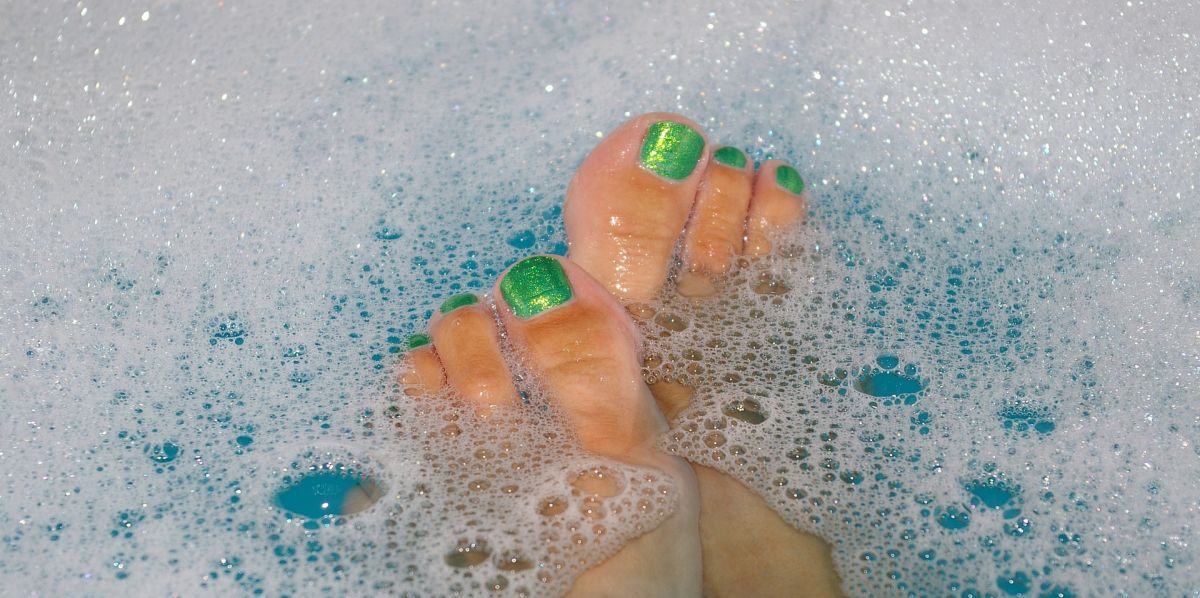

Looking after your feet and choosing the right shoes goes a long way to helping to prevent corns and calluses. You need to stop any hard skin from developing and we have the following suggestions:
Dry your feet thoroughly after washing them and apply a moisturising foot cream. This will help keep your skin soft and supple.
We know it’s not always possible, but try to avoid wearing high heels as they increase the pressure on the front of your feet.
If you’re experiencing any pain or discomfort we always recommend seeing a professional such as a podiatrist or your GP for help. They can advise you on a treatment plan to help you with your corns and or calluses. If you struggle with other foot problems such as bunions, read our guide on the Best Shoes for Bunions.
Conclusion
Whilst having this foot health concern may not be comfortable, we hope that our guide on the best shoes for corns and calluses has helped you find the right footwear. It goes without saying that our feet take a lot of strain and we don’t particularly give them the thought and care they deserve – until a foot problem develops that is. At Begg Shoes, we are committed to ensuring our customers are properly fitted for their shoes, whether it’s a pair of ankle boots or summer sandals. This goes a long way to helping (or at least slowing down the development of) foot problems such as corns and calluses.


